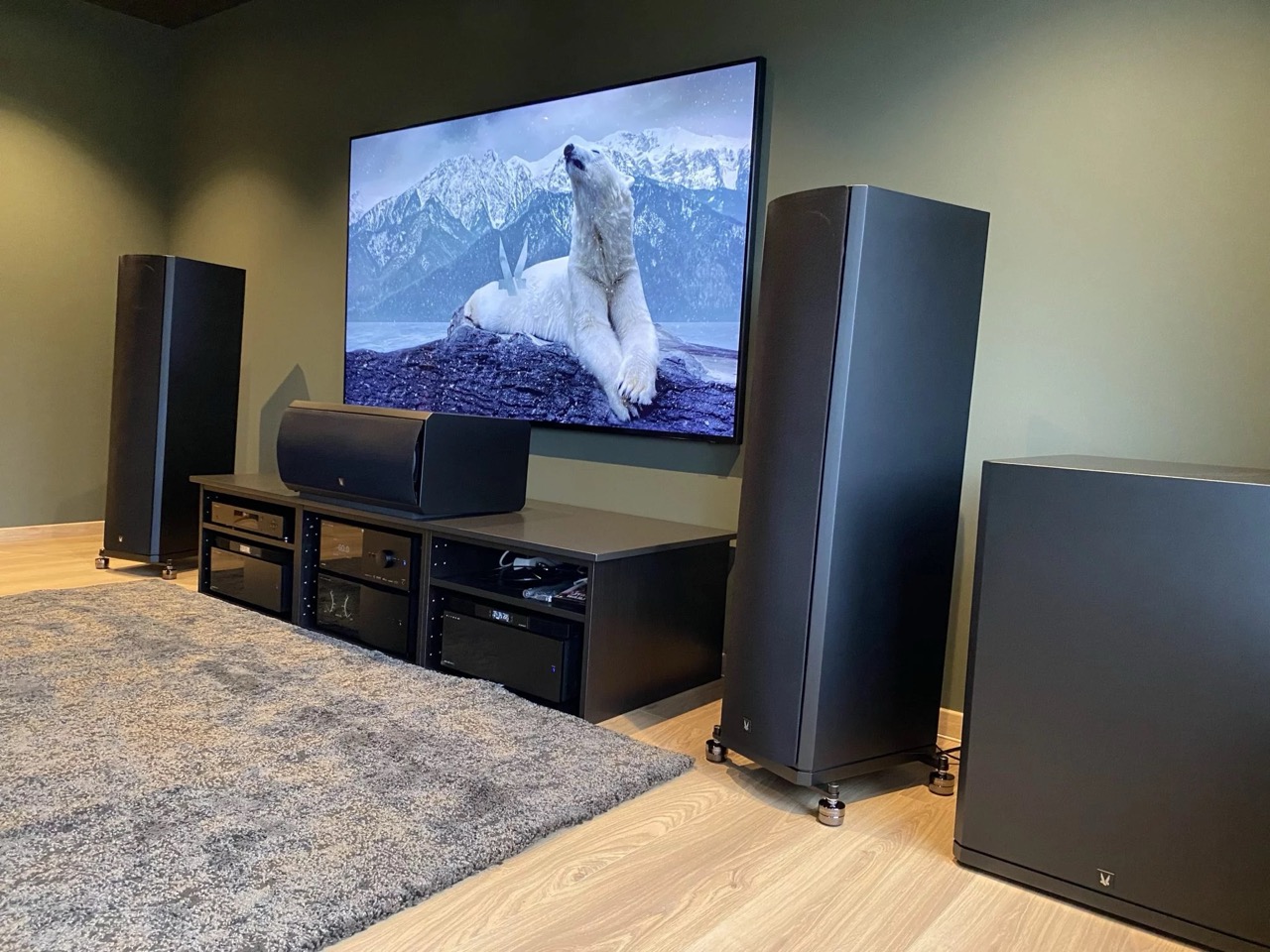Why Am I Getting a Use Tax Notification?
Article summary - TL;DR
- Use tax is a sales tax on items purchased outside your state for use in your state.
- Tax rates vary by state and it's your responsibility to report use tax for out-of-state purchases.
- Nexus is crucial; retailers may need to collect taxes based on their physical presence in a state.
- Enforcement of use tax is challenging, commonly applied to larger tangible purchases.
- Check your local tax laws after buying from Arendal Sound to stay compliant. Explore our products like the 1528 Tower 8 for an audio upgrade!
What is Use Tax?
Use tax is a sales tax on purchases made outside one’s state of residence for taxable items that will be used, stored or consumed in one’s state of residence and on which no tax was collected in the state of purchase. If the purchase would have been taxed if it was made in the purchaser’s state of residence, then use tax is due. State by State differs in their tax laws so you should check your local and state tax codes after making a purchase to ensure that you do not owe any additional taxes as Arendal Sound does not collect these taxes at the point of sale. Arendal Sound does pay for all of the duty and import taxes that are placed on the speakers when we bring them into the US marketplace.
Breaking Down Use Tax
The use tax rate is the same as the resident’s local sales tax rate, which includes both state and local sales taxes. A resident who does not pay use tax may be subject to interest and penalties. For example, California residents are required to pay sales tax on purchases of merchandise such as furniture, gifts, toys, clothing, vehicles, mobile homes, and aircraft. If a Californian purchases speakers from a California retailer, the retailer will collect sales tax from the buyer at the point of sale and remit it to the tax authorities. No additional tax will be due.
Let’s say instead that the Californian bought speakers from an online retailer in Wyoming. Under Wyoming law, the retailer does not collect sales tax on the goods, but the retail buyer must still pay a use tax on that clothing purchase to the California tax authority called the Board of Equalization. On the other hand, if the Californian purchased groceries in Wyoming and did not pay any sales tax on the purchase, generally no use tax would be due because the state of California does not tax the majority of groceries.
Retailers are usually not required to collect sales tax on purchases made by consumers in states where the retailer does not have a physical presence (called “nexus”) such as a sales office, warehouse or sales representative, so the onus falls on the consumer to calculate and remit the tax to his or her state government. Whether a business owes sales taxes to a particular government depends on the way that government defines nexus.
A nexus is generally defined as a physical presence, but this “presence” is not limited to having an office or a warehouse; having an employee in a state can constitute a nexus, as can having an affiliate, such as a partner website that directs traffic to your business’ page in exchange for a share of profits. This scenario is an example of the tensions between e-commerce and sales taxes. For example, New York has passed “Amazon laws” requiring internet retailers such as Amazon, Inc. to pay sales taxes despite their lack of physical presence in the state.
Assessing the Use Tax
The use tax, like the sales tax, is assessed upon the end consumer of the tangible good or service, but the difference is who calculates the tax and how it is accounted for. The sales tax is collected by the seller, who is acting as an agent of the state and thus remits the tax to the state on behalf of the end consumer. On the other hand, the use tax is self-assessed and remitted by the end consumer. The use tax is generally more difficult to enforce than the sales tax and, in practice, is only applied to large purchases of tangible goods.
A use tax is supposed to protect in-state retailers against unfair competition from out-of-state sellers that aren’t required to collect tax. It is also enacted to ensure that all of a state’s residents help fund state and local programs and services, regardless of where they shop. Similar laws apply in most states, not just California. In fact, 45 states have a use tax law, as of 2018. Please check your local state use tax laws after your purchase of products from Arendal Sound to ensure that you are clear of any Use Taxes. These tax laws can usually be found on the Secretary of State or Department of Revenue websites hosted by your state.
Frequently asked questions
What is use tax and when do I need to pay it?
Use tax is a sales tax on items purchased outside your state of residence for use, storage, or consumption in your state, where no tax was collected at the time of purchase. If the purchase would have been taxed locally, use tax is due.
How is use tax calculated?
The use tax rate is the same as your local sales tax rate, including state and local taxes. You’ll need to check your local tax laws for specific rates and regulations.
What happens if I don’t pay use tax?
If you don’t pay use tax, you could be subject to interest and penalties from your state’s tax authority. It's essential to stay compliant to avoid these issues.
Do I need to pay use tax on online purchases?
Yes, if you buy something online from a retailer that doesn’t collect sales tax, you are responsible for paying use tax to your state on those purchases.
What is "nexus" in relation to sales tax?
Nexus refers to a physical presence in a state, such as an office or employee. Retailers may not need to collect sales tax if they don’t have a nexus in your state, placing the responsibility on you to report use tax.
Why does use tax exist?
Use tax exists to protect in-state retailers from unfair competition and ensure that all residents contribute to state and local services, regardless of where they shop.
How do I find information on my state’s use tax laws?
You can find your state’s use tax laws by visiting the Secretary of State or Department of Revenue websites for your state. They’ll provide the most current and relevant information.
Are there any exceptions to use tax?
Yes, certain items may be exempt, like most groceries in some states. Always check your state’s regulations for specific exemptions to use tax.
How does Arendal Sound handle taxes on my purchase?
Arendal Sound does not collect use taxes at the point of sale but does pay import and duty taxes when bringing speakers into the US marketplace. It's your responsibility to check and pay any applicable use taxes.








